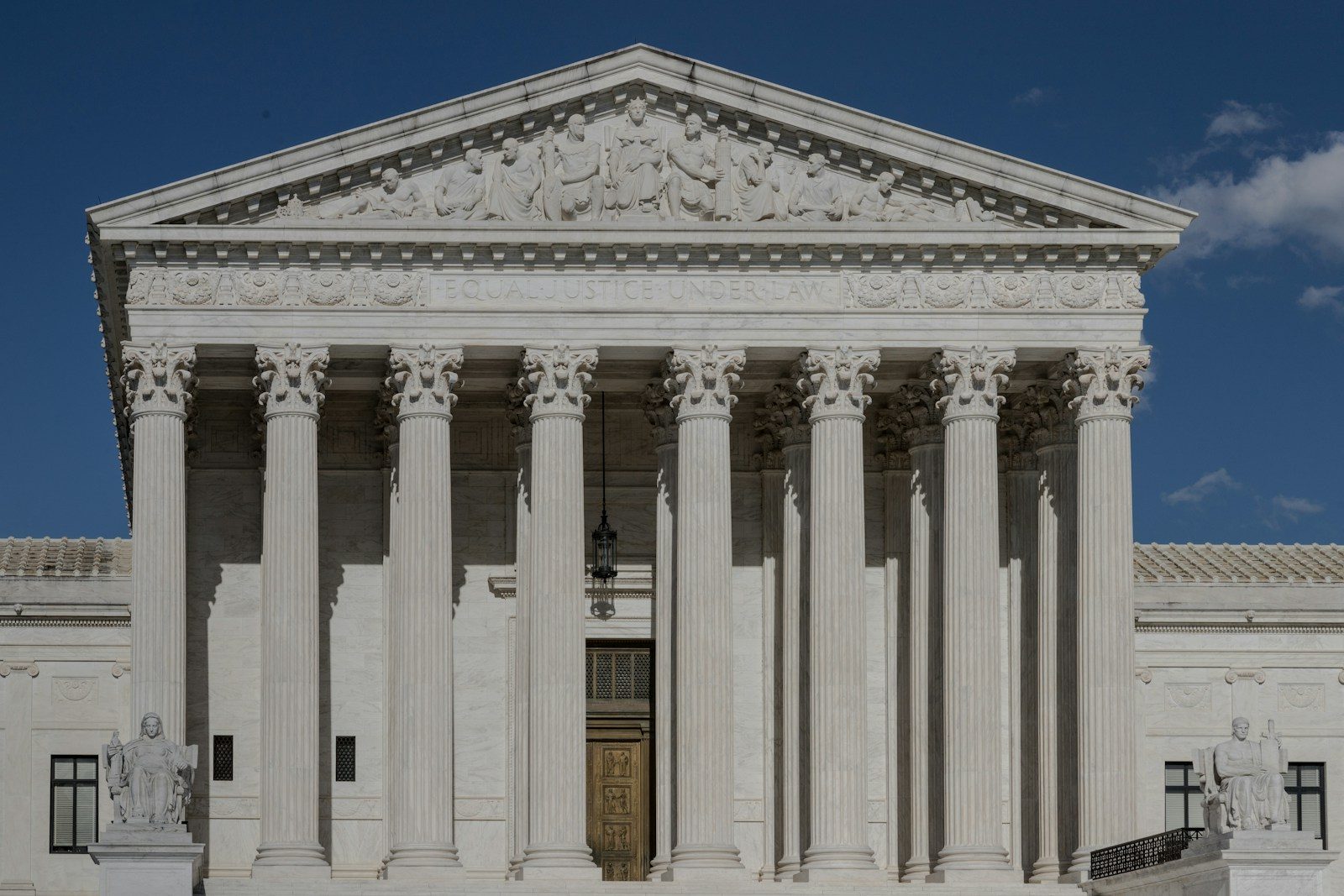NTIA approves final BEAD proposals from multiple states, unlocking billions for broadband deployment.
The National Telecommunications and Information Administration (NTIA) announced that 18 final BEAD (Broadband Equity, Access, and Deployment) proposals have been approved, signaling a major step forward in the federal push to expand high-speed internet to unserved and underserved communities. The approvals pave the way for next-year disbursements to support infrastructure projects, including last-mile and middle-mile networks.
BEAD—funded under the bipartisan infrastructure program—aims to ensure universal broadband access by supporting state and local planning, permitting, and construction of networks that connect rural areas, towns, and urban core neighborhoods. The approved plans outline routes, partnerships with service providers, and milestones for deployment, customer enrollment, and monitoring.
Officials said the approvals will enable communities to accelerate projects that were stalled or slowed by planning gaps, with states poised to begin fast-tracking permitting, right-of-way access, and procurement. Local governments will collaborate with private and public partners to extend fiber and wireless broadband to schools, libraries, clinics, and community anchors.
Industry analysts say the BEAD funding could trigger a wave of construction jobs and spur local economic development, particularly in rural and underserved markets. The NTIA cautioned that actual funding disbursement will follow audits, compliance checks, and project-readiness assessments, with activity scaling up over the next several years.
“This is a pivotal step toward universal broadband,” said an NTIA official, noting that the agency will monitor progress closely while states execute their deployment plans and report on milestones. The BEAD program is designed to be flexible, allowing for variations in geography and population density as communities build out networks that meet consumer and institutional needs.
















![[AS2716] Universidade Federal do Rio Grande do Sul](https://r2.isp.tools/images/asn/2716/logo/image_100px.png)
![[AS52888] Universidade Federal de São Carlos (4 probes)](https://r2.isp.tools/images/asn/52888/logo/image_100px.png)
